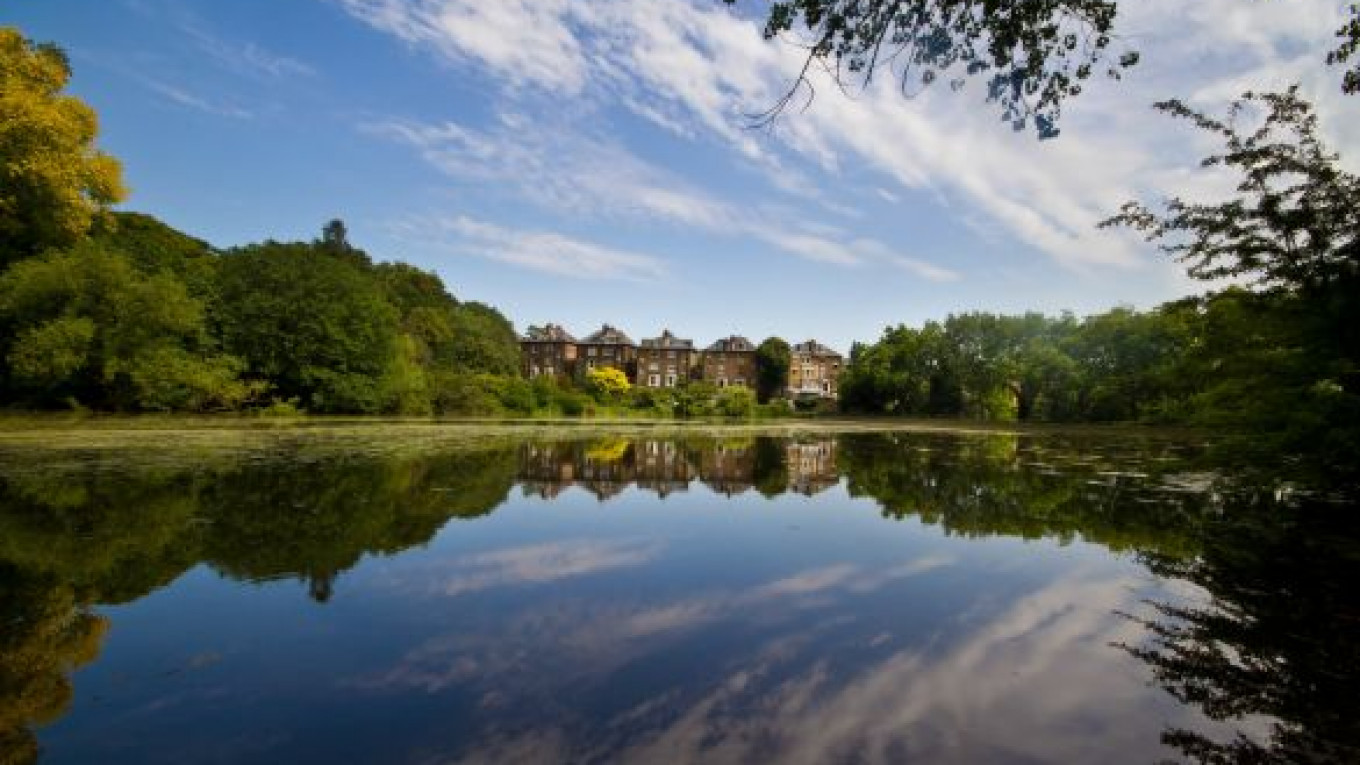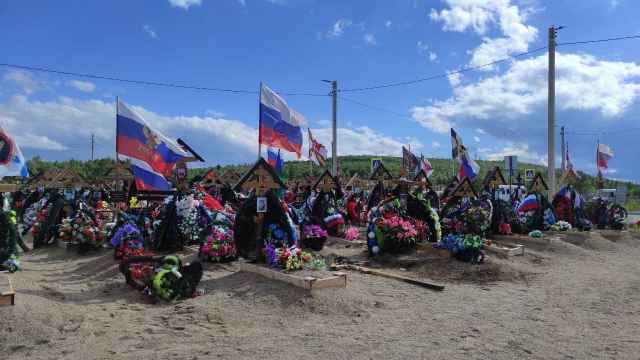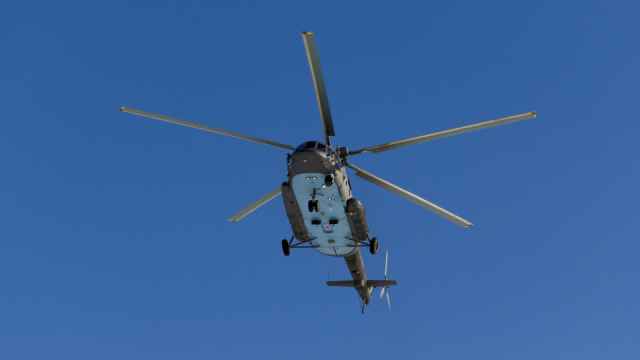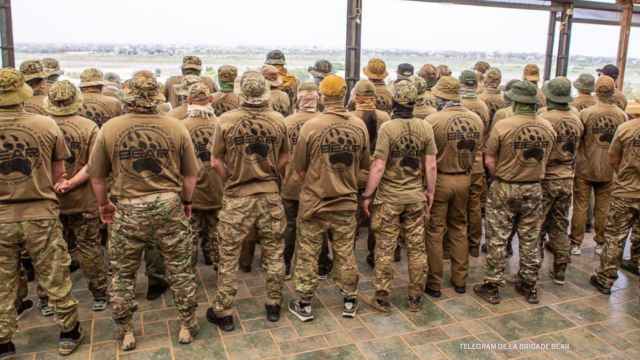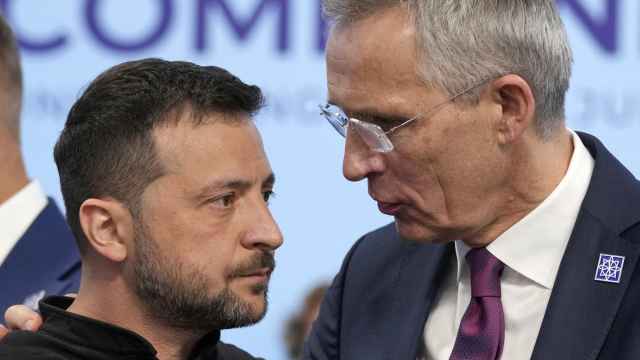On one of the highest points of London, surrounded by serene ponds and historic architecture, is a real estate alcove for wealthy, and often secretive, Russian buyers.
Luxury property in north London, like the homes in the scenic Hampstead Heath area, has become increasingly popular among Russians who prefer to pass on the intense competition for central trophy addresses in favor of secluded suburban homes.
While Russians who are making their first purchases in the London real estate market usually look for central locations, those who are familiar with the city are more interested in luxury properties in the suburbs, said Yelena Yurgeneva, regional director of residential real estate at Knight Frank Russia & CIS.
“Right now, Russians are not only looking at London as a shopping destination but also as a city to give their children a good education,” Yurgeneva said.
St. John’s Wood, Highgate and Hampstead Heath are particularly popular among Russian buyers. The northern neighborhoods are historically well-known among Russians for their proximity to Highgate Cemetery, the burial site of Karl Marx and former Russian spy Alexander Litvinenko, though now, locals Sting and Elton John are probably the area’s more sought-after neighbors.
“They like the proximity of the [Hampstead Heath park]. They like the green space and that they can buy a decent-size plot of land there,” said Simon Edwards, director at Savills Hampstead office. “It’s the closest to London as you can get.”
Russians bought almost all of the big houses that Savills sold in the area over the past 10 years, Edwards said.
Yet despite the concentration of Russian residents and landmarks in north London, the areas still can’t be called tight-knit Russian communities. Russians who settle in Hampstead Heath can be secretive about their move, said Trevor Abrahmsohn, founder of Glentree International real estate agency.
“Some want things to be very visible. Others want total anonymity,” Abrahmsohn said.
Edwards could not name Savills’ Russian clients, but he said they are household names in their home country. Russia’s richest man, Alisher Usmanov, and footballer Andrei Arshavin are among those who live in the Hampstead area.
Abrahmsohn said Russians interested in these luxury suburban properties are usually in their mid-40s and 50s, with an international outlook, a fancy for glittery decor, and wives who are “beautiful and 10 years younger than them … at least.”
Glentree International currently has about 10 properties that would appeal to Russian buyers. One such house, the Villa at Caenwood Court, has a swimming pool, gymnasium, sauna, 24-hour concierge and direct access to Hampstead Heath park. The property, which is selling for £4.5 million ($7 million), has already received interest from Russian buyers.
Wealthy buyers from Azerbaijan, Georgia, Kazakhstan, Armenia, Poland, Iran, Egypt, Nigeria, India and China also figure prominently in the Hampstead area.
“Russians are similar to the Nigerians and Middle Easterners,” Abrahmsohn said. “They like ornate living.”
A Message from The Moscow Times:
Dear readers,
We are facing unprecedented challenges. Russia's Prosecutor General's Office has designated The Moscow Times as an "undesirable" organization, criminalizing our work and putting our staff at risk of prosecution. This follows our earlier unjust labeling as a "foreign agent."
These actions are direct attempts to silence independent journalism in Russia. The authorities claim our work "discredits the decisions of the Russian leadership." We see things differently: we strive to provide accurate, unbiased reporting on Russia.
We, the journalists of The Moscow Times, refuse to be silenced. But to continue our work, we need your help.
Your support, no matter how small, makes a world of difference. If you can, please support us monthly starting from just $2. It's quick to set up, and every contribution makes a significant impact.
By supporting The Moscow Times, you're defending open, independent journalism in the face of repression. Thank you for standing with us.
Remind me later.



